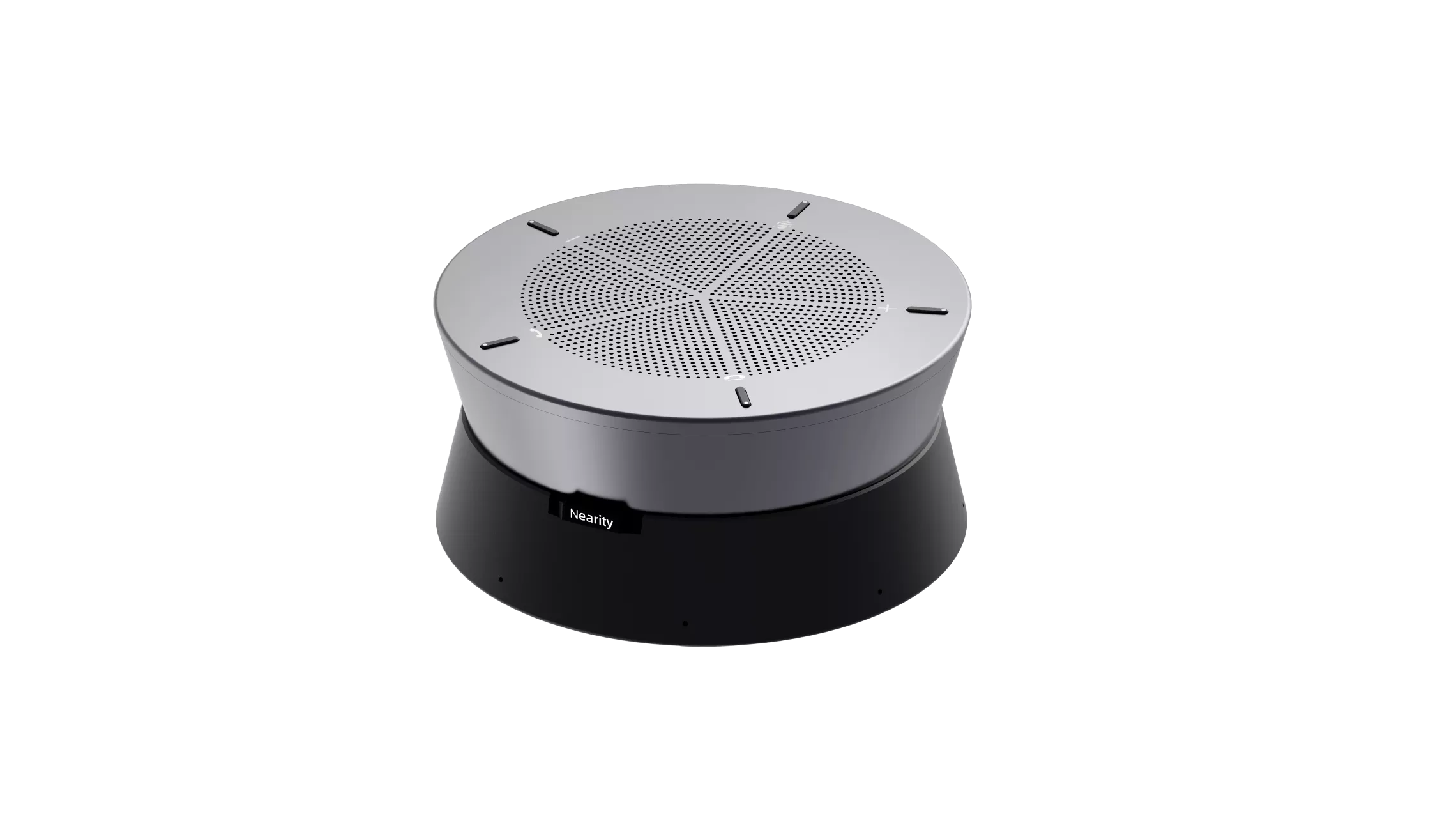Overview
Southwest Petroleum University (SWPU) is a comprehensive university located in Chengdu, Sichuan Province, China. It was jointly established by the Ministry of Education, Sichuan Provincial Government, and China's top petroleum companies. SWPU is a "Double First-Class" university and has been selected for several national projects, including the Western China Higher Education Development Project, the National "111 Project," and the National Key Discipline Construction Project. The university specializes in petroleum engineering and offers a wide range of undergraduate, graduate, and doctoral programs in science, engineering, and management. SWPU has a top-notch faculty and a strong research and innovation environment, making significant contributions to the development of the petroleum industry. The university provides a vibrant campus community and fosters a culture of innovation, creativity, and leadership among its students.
Challenges
- The poor sound quality in the customer's environment is significantly impacting the overall meeting experience.
The poor sound quality in the customer's environment means that the audio being transmitted during the meeting is of low quality, making it difficult for participants to hear and understand each other. This can lead to misunderstandings, miscommunications, and a less productive meeting overall. Poor sound quality can be caused by a variety of factors, such as background noise, echoes, or low-quality audio equipment.
- The customer's existing audio peripherals produce subpar sound pickup results, with noticeable reverb and noise issues.
The customer's existing audio peripherals are producing subpar sound pickup results, meaning that the microphones they are using are not picking up sound effectively. This can result in reverb and noise issues, which can make it difficult for participants to hear what is being said and can create a distracting and unpleasant listening experience. Reverb is caused by sound waves bouncing off surfaces and creating a delayed and distorted sound. Noise issues can be caused by a variety of factors, such as electrical interference, background noise, or low-quality equipment.
Solution
To effectively address the challenges of poor sound quality and subpar sound pickup results with noticeable reverb and noise issues, Nearity recommends cascading multiple A20 conference noise-cancelling speakermics. The A20 microphone has an 8-element array that uses beamforming technology to eliminate acoustic and room echo, ensuring clear communication in conference rooms even in noisy environments, resulting in a more productive and efficient meeting experience. By using multiple A20 speakermics, the solution can provide flexible coverage for sound pickup and amplification needs for meeting rooms of varying sizes, ensuring that all participants' voices can be picked up and transmitted clearly without any delay or distortion. Overall, Nearity's solution can enhance the university's video conferencing experience and improve overall meeting efficiency.
Conclusion
Southwest Petroleum University (SWPU) faced challenges with poor sound quality and subpar sound pickup results during video conferencing. Nearity's recommendation of cascading multiple A20 conference noise-cancelling speakermics effectively addressed these challenges. The A20 microphone's advanced features and intelligent noise-cancelling technology significantly reduced background noise, echoes, and distortion, resulting in a more productive and efficient meeting experience. The cascading deployment of multiple A20 speakermics provided flexible coverage for sound pickup and amplification needs for meeting rooms of varying sizes. Nearity's solution provided a reliable and effective way for SWPU to enhance its video conferencing experience and improve overall meeting efficiency.




